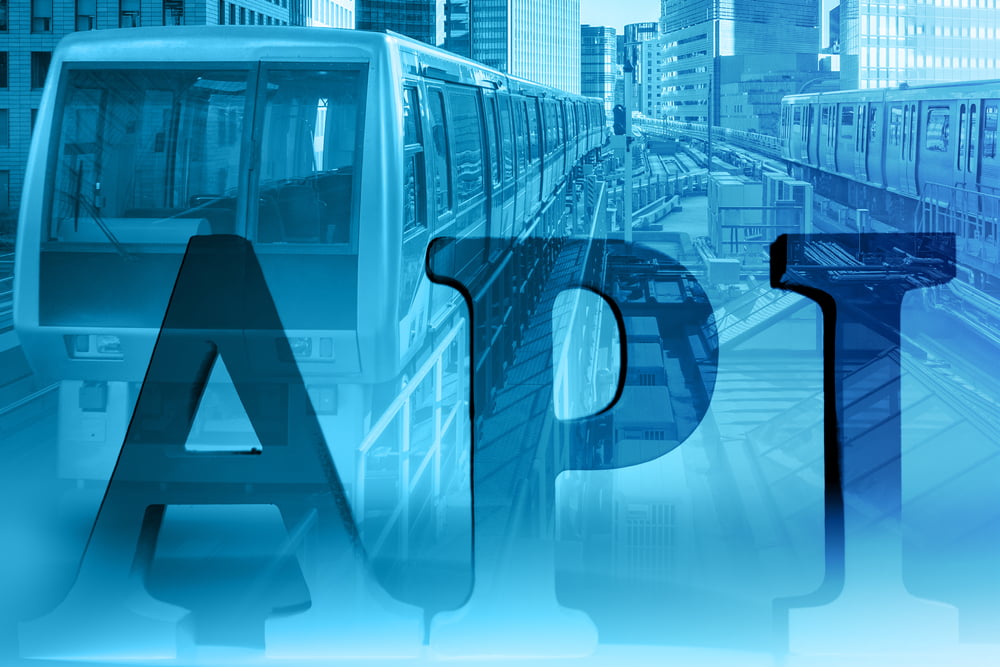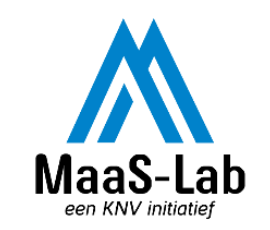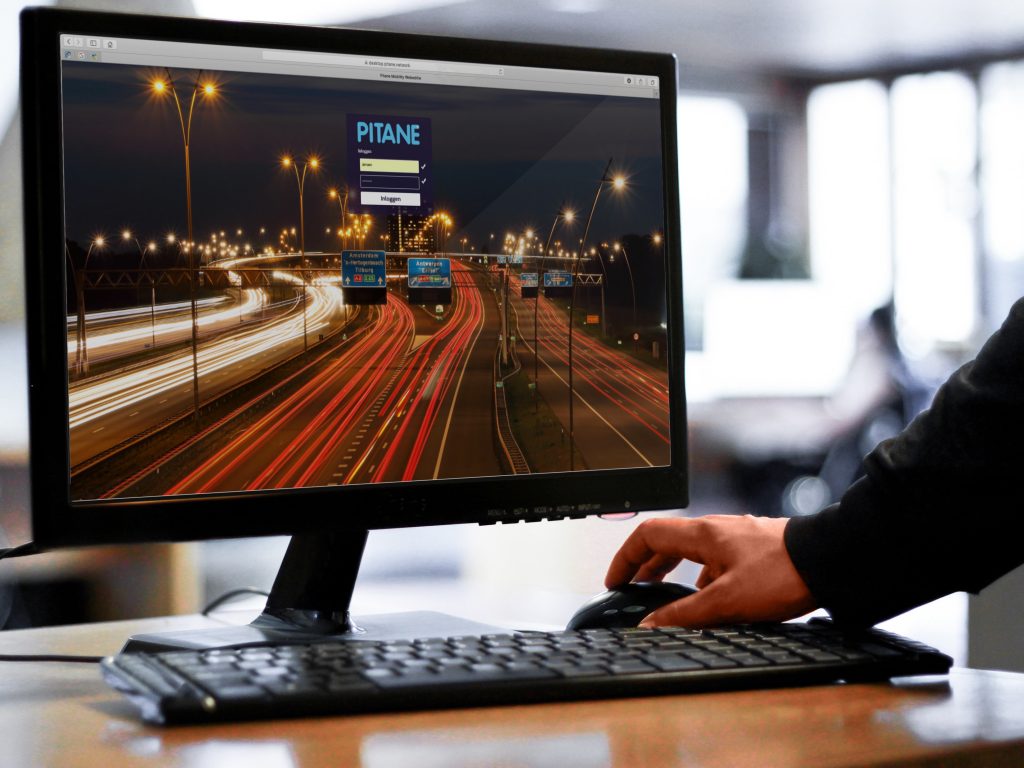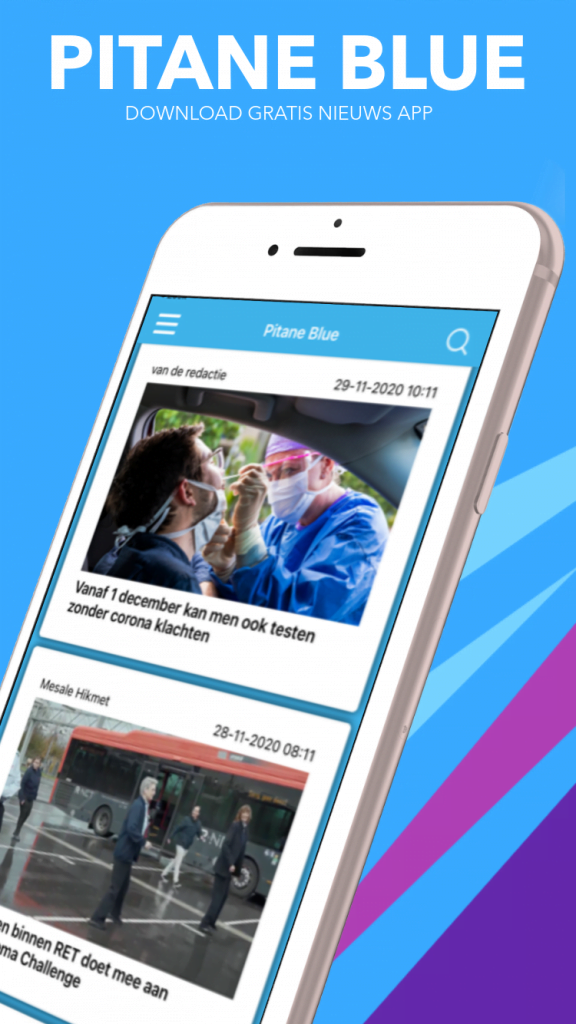At first glance, not much will change for the traveler. Many of the innovations take place in the background. For example, the spaghetti of connections between the affiliated market parties in mobility must end. See the TOMP API as a universal plug, regardless of which service you want to communicate with or with which party you want to book the trip order. In the new setup, mobility is digitally controlled from a central entrance gate.
Such a central door to the market parties makes it easier to add other parties or applications to the chain, also known as MaaS - Mobility As A Service. There is also room for initiatives outside the sector, such as insurance on travel or loyalty programs. Other services such as ticketing and payment systems must also be standard. In short, one app from search to booking and from travel to payment. With the flexibility to determine which parts of the journey you want to perform with different service providers. From taxi to public transport, from bicycle to scooter. Everything at your fingertips.
It has been a long time before the advent of a universal link in the taxi sector. The need to link power stations has existed for 20 years, but every ICT company has invented its own wheel. The train is now in full swing with all kinds of different wheels. The costs for maintenance of all these systems are skyrocketing.
Pitane Mobility, software company Eindhoven
The Eindhoven software company Pitane Mobility, also a member of the MaaS Lab, has for some time recognized the need for a common link, but failed to persuade the current market parties to abandon their own 'links'. That is why it took the initiative itself to integrate the TOMP API access within the existing API. In practice, this means that other market parties can communicate with the software. Proprietary technology such as Pitane Arrive will soon be available with a TOMP plug. In this way, the app can be used for customers to book with different companies, even outside the country's borders and in other software packages that support the TOMP language.
In order to make Mobility as a Service a success, it is important that travelers can travel without barriers. Where they use one app to plan, book and pay for all their trips.
MRA platform Smart Mobility
Pitane Mobility sees added value of the new 'standard language' TOMP API and is happy to connect with other providers of mobility. The company is currently investing heavily in partnerships by making manpower available in the development and testing of mobility systems between market parties. The software company sees a profit in a simple exchange of data.
standard
The TOMP API (Transport Operator to Mobility Provider-Application Programming Interface) is a standardized and technical interface between MaaS service providers and carriers. In this, they agree on how they share data with each other, for example about how many shared cars or shared bicycles are available at a given time. The API is an open standard and is being developed in a working group with public and private parties. Participants are facilitated by the Ministry of Infrastructure and Water Management.





